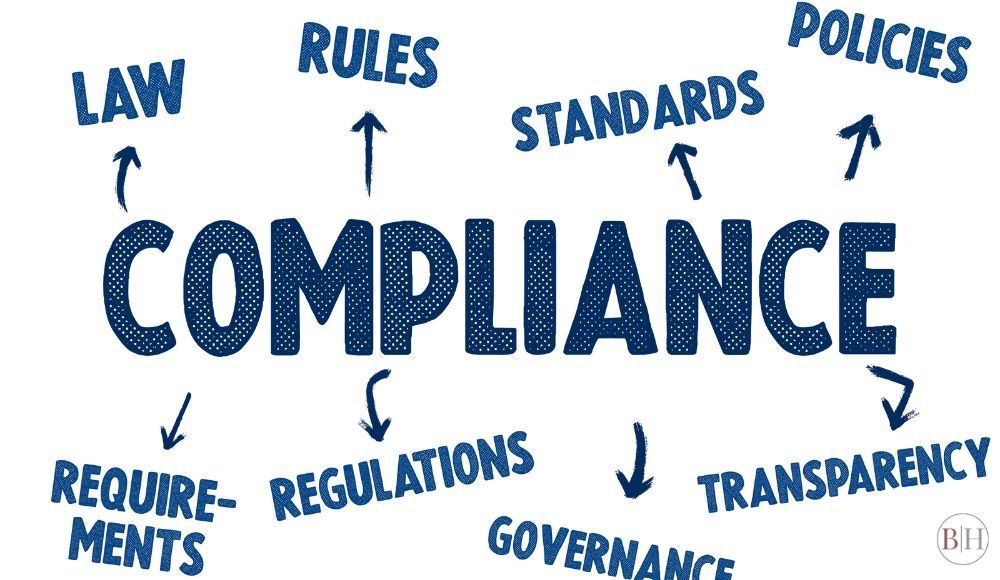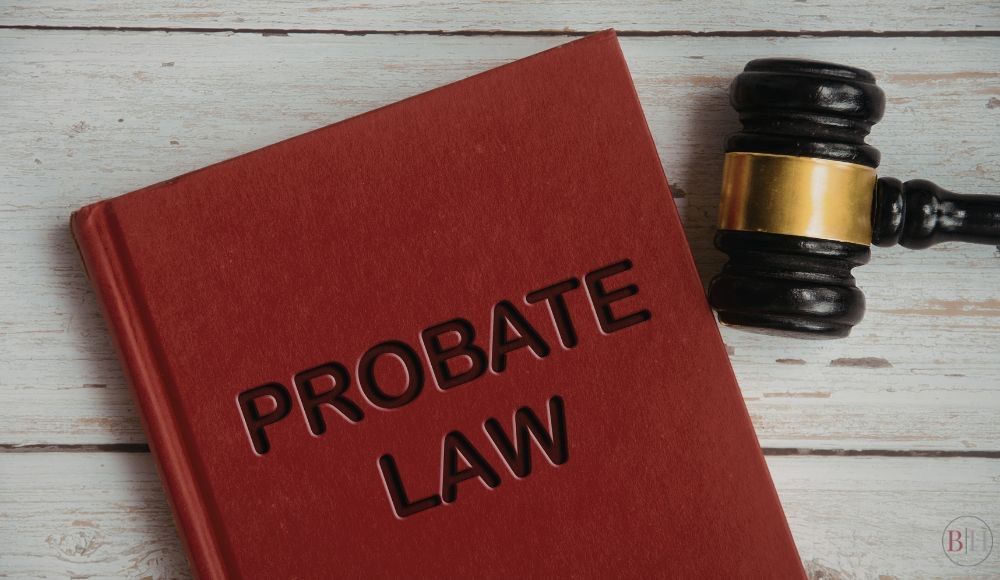Wills vs Trusts

Estate planning is important for everyone – young or old – who has any assets (a home, bank account, IRA, etc.) and wants to …
- Determine who receives their assets when they have passed away
- Designate who will make financial and medical decisions on their behalf
- Specify what life-sustaining medical treatment they want if there is no realistic hope of recovering
- Make it a little easier for grieving surviving family members when they die
- Have peace of mind
Failing to do so can lead to unnecessary legal fees and unwanted negative consequences, such as a court deciding who will care for your minor children, your assets being distributed according to state law (rather than your own wishes), your beneficiaries paying higher taxes, and more.
Every estate plan is different based on your assets and your needs, but all should include at least a will, a durable power of attorney, and a healthcare power of attorney (living will). Most people are relatively familiar with these documents. However, another estate planning document – a trust – is not as familiar to most but may be suitable for some. A trust is similar to but not the same as a will.
What is a Will?
“A will, also known as a last will and testament, is a legally enforceable declaration of how a person wants their property and assets distributed after death,” Investopedia explains. “In a will, a person can also recommend a guardian for their minor children and make provisions for any surviving pets.”
Most wills go through the probate process, which can take several weeks to several years. “Probate is the court-supervised process of administering your estate and transferring your property at death pursuant to the terms of your will,” the American Bar Association (ABA) explains.
At present, only estates exceeding $12.92 million are subject to a federal estate tax. However, most beneficiaries other than spouses in Pennsylvania will pay an inheritance tax on many assets bequeathed to them in a will.
Wills are relatively simple, although it’s always best to consult an experienced estate attorney to ensure all of your individual needs are addressed and your will complies with state laws.
What is a Living Trust?
A living trust is a legal document that allows you to transfer ownership of your assets into a trust account and assign management of those assets to a trustee (an individual or entity) on behalf of your beneficiaries.
One of the most significant advantages of a living trust (over a will) is that it avoids probate, which means assets are available to your beneficiaries immediately based on your specifications.
There are two types of living trusts - revocable and irrevocable. A revocable living trust allows you to maintain control over the trust and make changes, such as adding or removing assets, changing beneficiaries, or revoking the trust. With a revocable trust, your beneficiaries will be subject to estate taxes.
An irrevocable living trust cannot be changed (unless all beneficiaries agree) or revoked, giving you significantly less control. However, an irrevocable living trust has several advantages:
- Protects your assets from creditors
- Minimizes estate taxes
- Provides privacy because details of the trust are not public record
Which is Better – a Will or a Trust?
A person can have both a will and a living trust.
Estate Planning and Trust Administration
Most people do not want to think about what will happen when they pass away, but it will happen to everyone sooner or later. Having an estate plan will make things a little easier for your family during an already difficult time and ensure that your wishes are followed if you were to become incapacitated.
Contact Our Estate Planning Attorneys to Learn More
One of the experienced Estate Planning Attorneys at Bingaman Hess can help determine what estate planning documents are suitable for your needs, minimize estate taxes, and more. Call today at 610.374.8377 or find us online.









